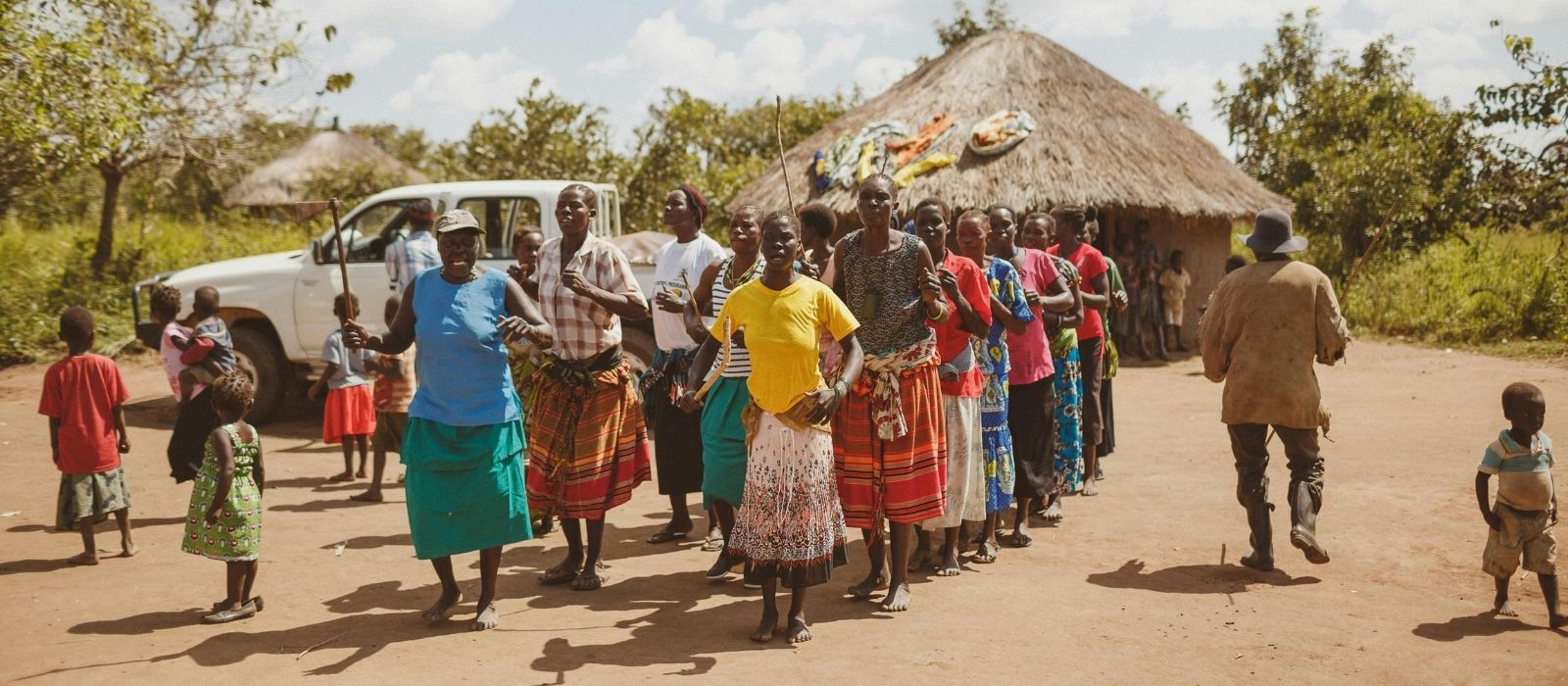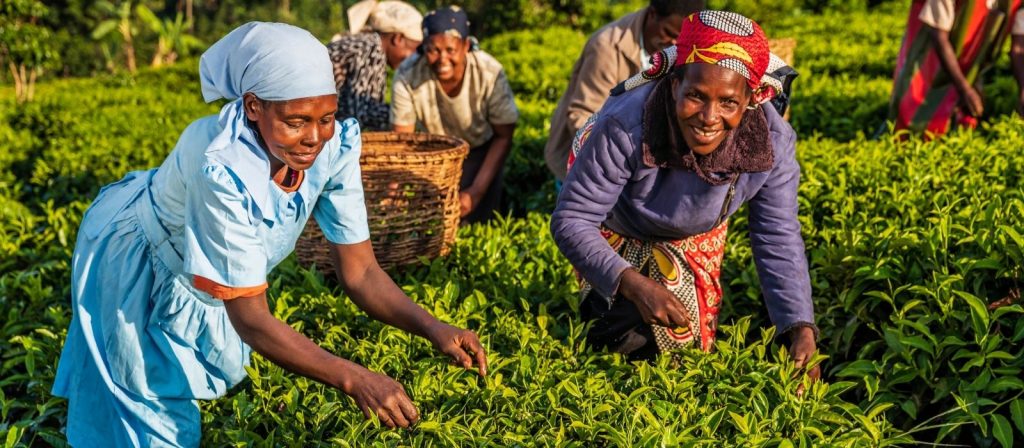
Food insecurity is a global challenge that affects nearly every nation. Recently, climate change has intensified this crisis, with prolonged droughts exacerbating the situation. In response, rural communities have embraced Fushai, a traditional village savings system, as an effective strategy to combat food insecurity and reduce poverty.
The 2030 Agenda for Sustainable Development aspires to make human rights a reality for all. However, projections suggest that Sustainable Development Goal (SDG) 2, aimed at ending hunger, achieving food security, improving nutrition, and promoting sustainable agriculture will not be fully achieved by the decade’s end unless bold measures are taken. These include boosting agricultural productivity, increasing incomes, addressing gender inequality, and building adaptive capacity.
In Zimbabwe, women have been disproportionately affected by food insecurity and gender inequality. Empowering women is critical in the fight against extreme poverty, hunger, and malnutrition in rural areas. Socio-economic hardships have spurred the adoption of adaptive strategies, with social capital and networks playing a vital role in fostering resilience within local communities.

Social organization, combined with trust and mutual support, has led to effective cooperation and social security, providing a safety net for vulnerable populations. Communities mobilize these networks to withstand periods of economic instability and environmental challenges.
Amid these strategies, Fushai has emerged as a key local institution for mitigating the impact of food insecurity. This informal community-based savings and lending system enables members to access capital during difficult times, facilitating the purchase of agricultural inputs, boosting production, and bulk-buying groceries.
For example, in Masvingo, various women’s groups have already started reaping the benefits of their Fushai investments. Trucks laden with groceries and other essentials have been unloaded and distributed in preparation for the festive season.
Rural women in Zimbabwe often face significant barriers to accessing formal credit, due to gendered inequalities and limited financial infrastructure, which further restrict their ability to sustain or grow their livelihoods. To enhance the resilience and recovery of these women, policies and programs must address these gaps. By leveraging existing social capital and adaptive capacities, communities can continue to thrive despite the challenges of food insecurity and poverty.
Fushai exemplifies the power of grassroots solutions in combating global challenges, offering hope and resilience to vulnerable communities.


